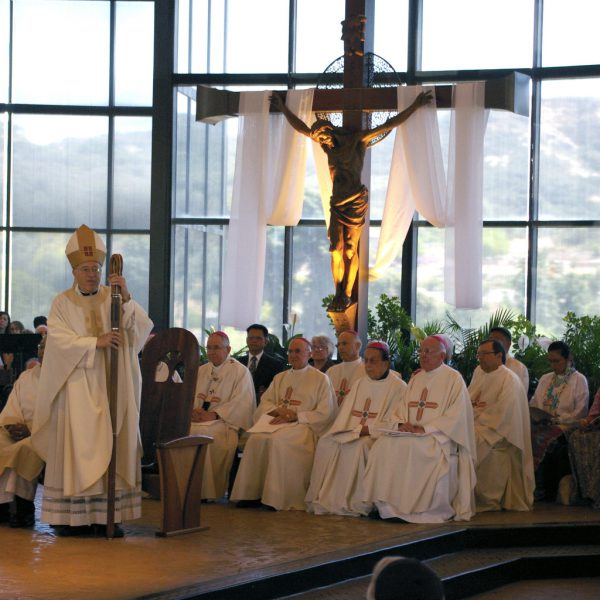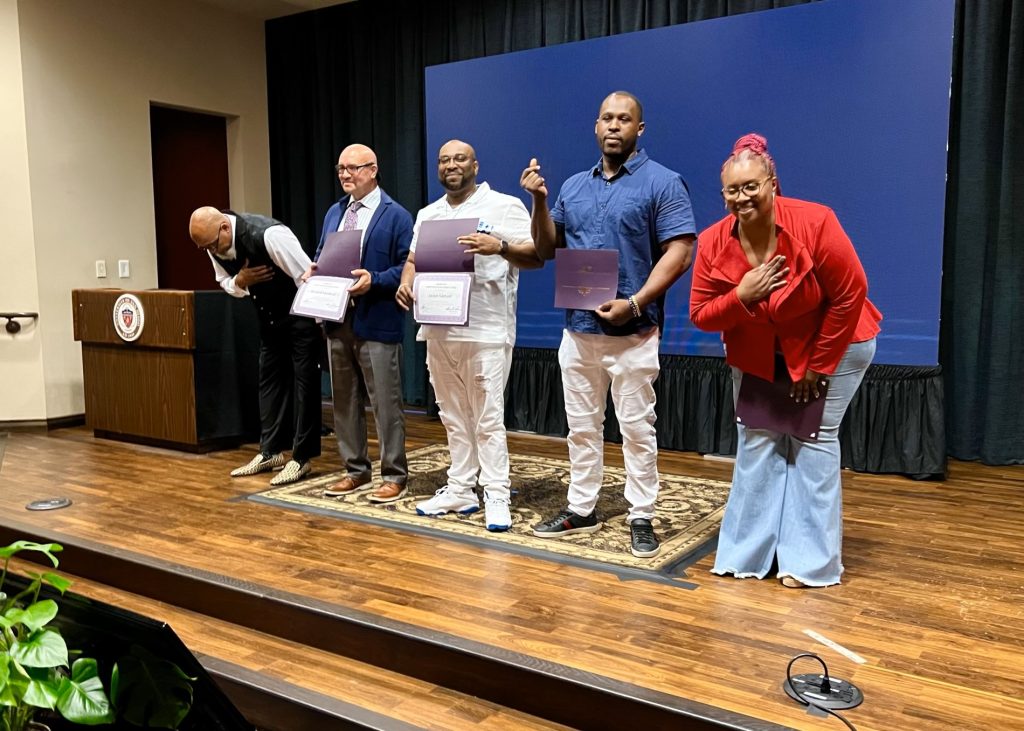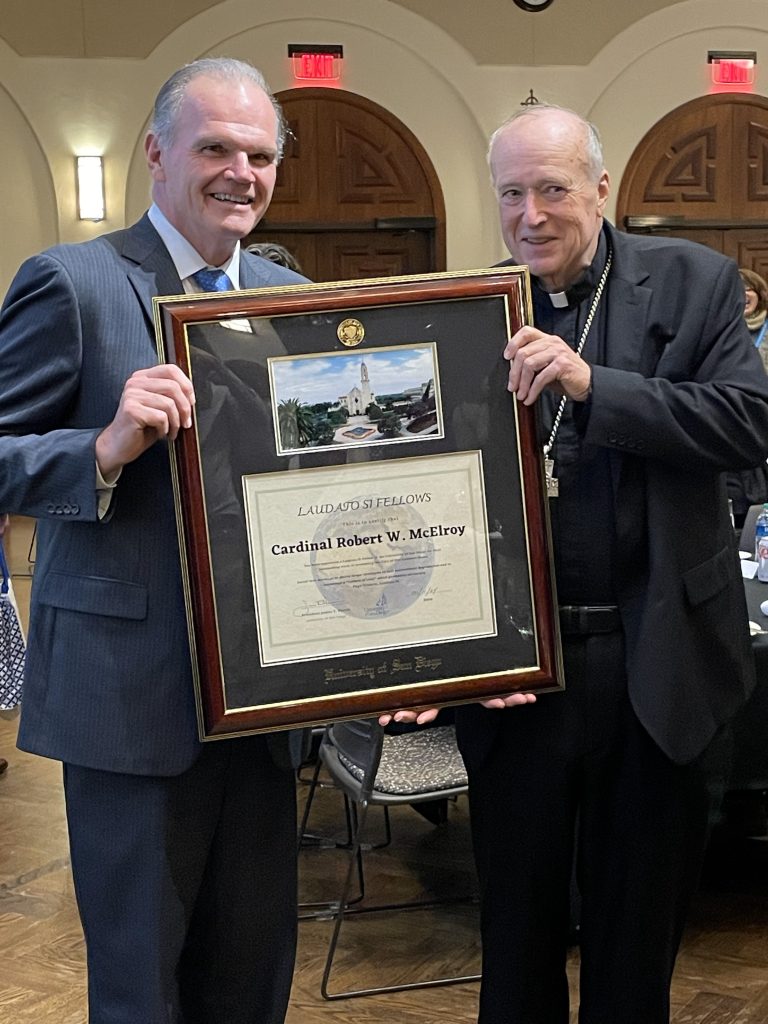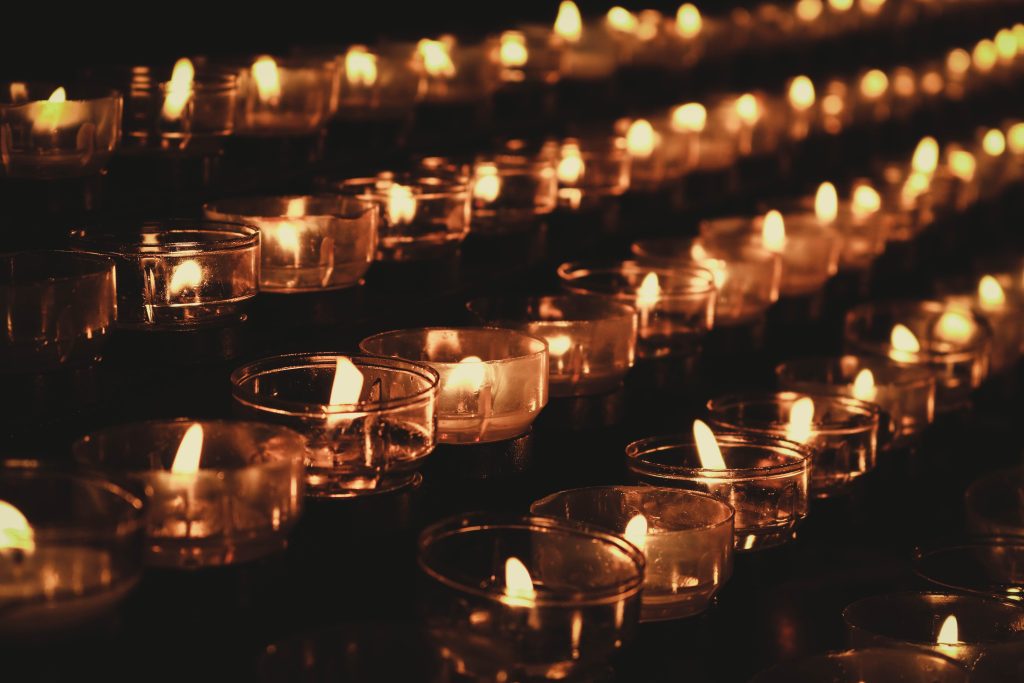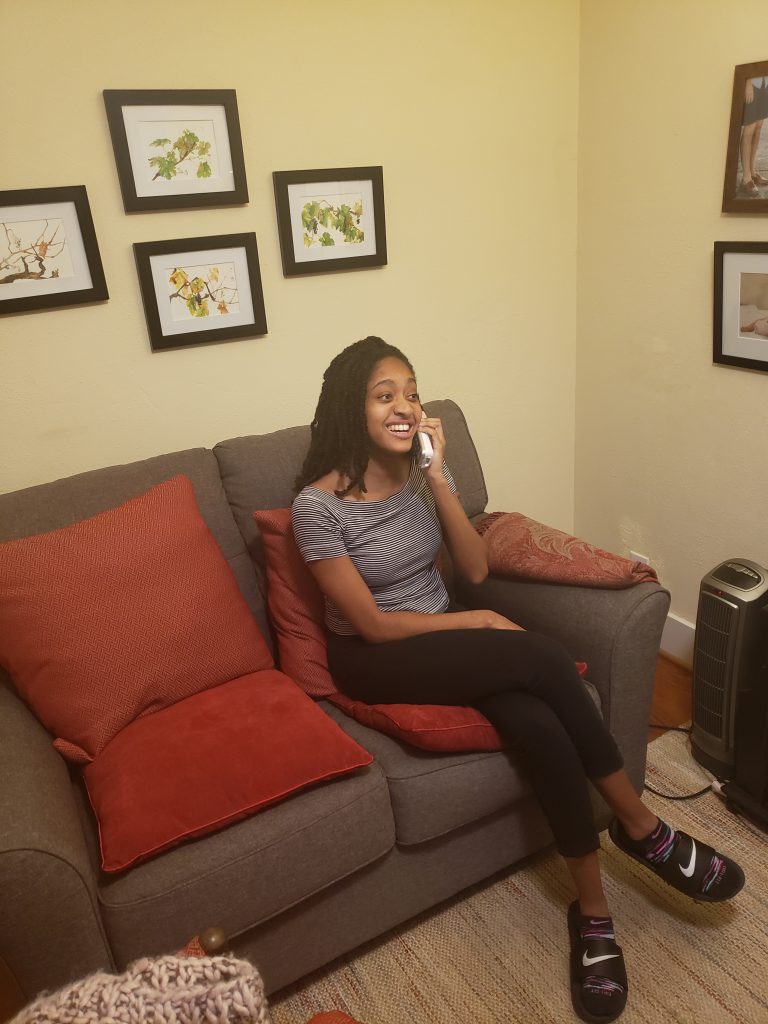Letter from Bishop Robert W. McElroy
As you know, after I visited the parishes of the diocese in the first year of my service as bishop, I appointed a task force chaired by Msgr. Dan Dillabough to examine the whole constellation of issues that surround the formation of priests and their transition into parish ministry. This task force, which reflected the diversity of our presbyterate both in cultural and in formational backgrounds, placed great stress in its report on the need for deep pastoral formation for our seminarians, and on the critical first five years of transition into priesthood. The task force also called upon the whole body of the presbyterate to be involved in the development and support of vocations to the priesthood.
In part because so many of our local priests have promoted vocations to the diocesan priesthood in recent years, and due also to the splendid work of Father Lauro Minimo and Father Matthew Spahr and their collaborators, we have seen an increase in the number of seminarians studying for the diocese. But we have also experienced in the lives of our seminarians and newly ordained priests in recent years deeply traumatic moments in their transition to parish life after seminary formation. Such traumas have been reflected widely in other diocese as well, and are generating a growing reexamination of formation programs for diocesan priests across the country.
During the past three months, I have spoken with the deans, the presbyteral council, the personnel board and the diocesan curia about these issues and about which program of formation constitutes the best pathway for the Diocese of San Diego at this time. The Franciscan School of Theology is moving to the campus of the University of San Diego this summer. The Franciscan School, which opened in California in the 1860s, educates both the seminarians of the Santa Barbara Province, and lay leaders for the Church in California. Because of the School’s relocation to USD, the Diocese of San Diego for the first time in half a century has the opportunity to form its theologians in our Local Church, with a quality Master of Divinity program from an internationally trained theological faculty.
It is my conclusion, widely shared within the consultative groups that I have spoken with, that the needs of the diocese will be served by forming our seminarians locally, utilizing the theological program of FST, elements of the Franciscan School’s wider formational resources, and a program of human, pastoral and spiritual formation that will take place at St. Francis Center under the direction of Father Spahr. I have asked Father Mike Sinor to serve full-time in this work, providing spiritual direction and working directly with the priests in their first five years of priesthood.
The chief benefit of such a program is that it will have a much deeper level of pastoral formation in our own parishes, including a full pastoral year after the second year of theology to help both the seminarian and the diocese determine if parish ministry is a good pathway for the candidate, and what areas of personal growth should be focused on in the coming years. Forming our students here in San Diego will also help seminarians to come to know our priests better by the time they are ordained, and also to experience in the rich diversity of our parish communities, and both the joys and the challenges that parish life brings to priests in San Diego and Imperial counties.
Part of this new program will include month-long modules in Rome and the Holy Land for every seminarian, as well as a longer immersion program of culture and language in Mexico for all of our students who have not already acquired those capacities.
Ever since the Diocese of San Diego closed Immaculate Heart Seminary more than 50 years ago, our Local Church has sent seminarians to a wide variety of formation programs – Saint John’s in Camarillo, Saint Patrick’s in Menlo Park, Mount Angel Abbey in Oregon, Saint John’s in Collegeville, and of course on a continuing basis to the North American College in Rome. All of these programs have produced exemplary priests for our diocese. All of them have had specific strengths and weaknesses. I believe that at this moment in the life of the Church the pastoral strength and focus provided by forming our students locally, with the resources of the Franciscan School and our own priests and lay leaders who are experienced in formation, offers the best opportunity to allow the grace of God to flourish in the hearts and souls of the candidates that Christ brings to us for discernment and training.
Six students will enter first-year theology at the Franciscan School for the diocese this year and, in future years, all of our new students will attend FST. Let us pray for them and for the three students we will have continuing at the North American College and the three students we will have at Mount Angel. We are truly blessed with these men.

